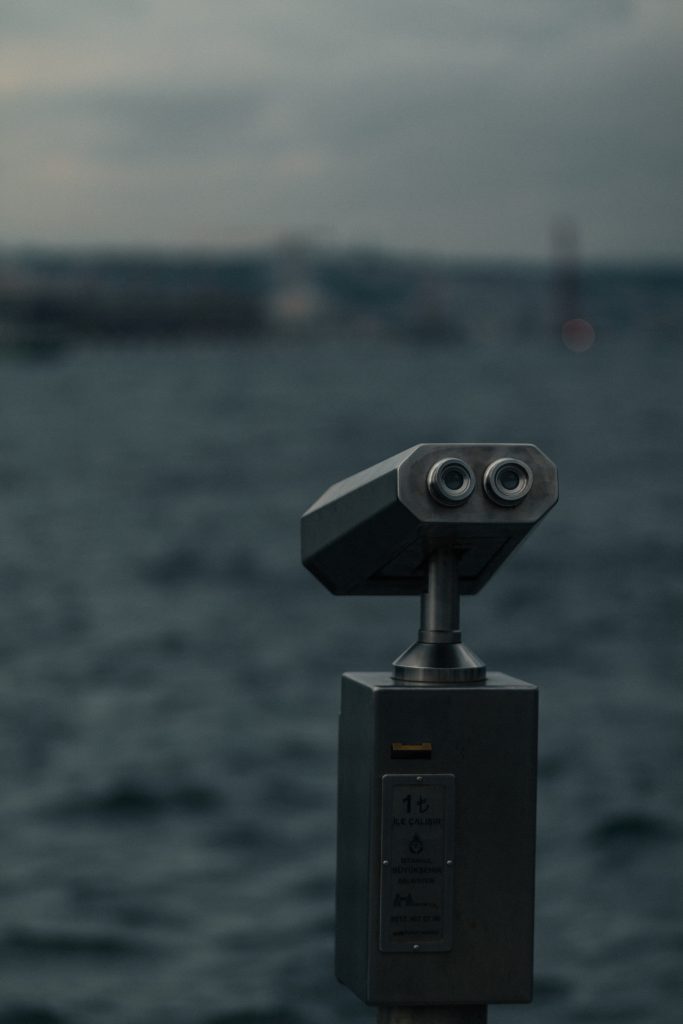I’m always amazed when I do the work that I do, how many leaders are not stretching and developing their teams. They are only in my words ‘sailing their ship around the harbour’, tweaking the sails and mopping the decks. No risk and no learning – their teams are only learning how to work in calmer waters. The analogy of the leader taking the ship out of the harbour and deliberately seeking rougher seas, evokes a mix of fear and exhilaration in leaders and their teams. Why would we want to stretch ourselves when we are quite happy where we are?
The work that is being done in psychological safety is characterised by the concept of the leader creating a culture where their teams are willing to put their foot on the accelerator or gas, whilst also taking their foot off the brake. How can we test whether the team individually and collectively are willing to amplify their voice and speak up under tough conditions?
As I was going under anaesthetic for a knee operation, I was chatting to the anaesthesiologist around the big arrow drawn by a marker pen on my leg pointing to the knee that needed surgery. He had already asked the key question “Is it the right knee that needs surgery?”. So many errors are caused by the patient, nurse or the co-pilot in airlines not able or willing to speak up. Now they have a system and habits that are trained in low-risk environments, so that in real time it works. He told me about a conference called ‘Risky Business’ that had been set up to expand the work that airlines and surgeons had started to apply in their high-risk jobs. The aim was to pass on the learning to minimise human error in the rest of the world including financial services and technology. Why would they do that? You can understand that the concept of human error in surgery and in the cockpit can have a serious impact. But other industries?
The fact is that as all industries need to compete at speed, especially with innovations and changes happening all the time. Therefore, we need to be quicker to launch new products and services. The risks that leaders and their teams are taking is increasing, and so are the possible consequences. Combine that with the concept of failing early, failing often and failing forward means that teams are learning how to deal with failure as a good thing. The problem is that we are conditioned to see failure as a thing not to own up to, and therefore errors and failures are being hidden. We need to get our teams to amplify their voice and share their mistakes and their concerns quicker and without fear.
So we head back to the leader taking the ship out of the harbour and heading into rougher waters. If a leader is to test and develop their teams, they need to stretch them and make the learning environment based on testing extremes. The only way to ramp up their ability and resilience is through purposeful practice and developing psychological safety. In the concept of being anti-fragile, Nicolas Taleb talked about the Roman Emperors ingesting little bits of poison to increase their resistance to poisoning. So, leaders need to make their teams anti-fragile by developing their systems, habits and most importantly their resilience under pressure. The best way is to plan to purposefully sail your ship out of the harbour, breaking down the key parts of the systems and the habits that will be essential for success and practicing them. When you see the surgeons performing life-saving surgery, the pilot of the massive airliner landing in gale force winds, and special forces saving the lives of hostages under extreme pressure – it looks almost easy. The fact is that the harder they practice, test themselves under extreme conditions and debrief their practice, the better they get.
I was fascinated meeting a mother of a Top Gun Instructor in a course recently. For those who have not seen the Tom Cruise movie, Top Gun is a place where Naval Aviators are taught dog-fighting skills to hone their flying skills. She recounted stories her son told her. The one that resonated to me the most was that, yes, they do fly to extremes to test and develop their skills. The fact that they do that for an hour at a time and then spend up to ten hours debriefing each hour, tells you that the analysis of their performance and the learning they derive from that, is even more important.
When was the last time you took your ship and team out of the harbour and tested them in rougher waters? How are you developing a resilience and an anti-fragile nature within your team?


